Do Criminals Have Too Many Rights?
Do Criminals Have Too Many Rights?
Hey there! Have you ever found yourself watching the news or discussing a legal case and thinking, "Do criminals have too many rights?" It's a common question, and frankly, a very important one. This isn't just a simple yes or no answer, as the system of rights for those accused of crimes is complex and designed with crucial purposes in mind. Let's dive into why these rights exist, what they entail, and why they're fundamental to our justice system.
The idea of "rights" for alleged criminals often sparks strong emotions, especially when discussing serious offenses. However, understanding the reasoning behind these protections can shed light on why they're not just about the individual accused, but about protecting everyone in society. It’s about ensuring justice is truly blind and fair for all.
Understanding the Foundation of Rights
At its core, the concept of rights for individuals accused of crimes is deeply rooted in the principle of "innocent until proven guilty." This isn't just a catchy phrase; it's a cornerstone of fair legal systems worldwide. These rights are primarily designed to prevent governmental overreach and to protect innocent people from wrongful convictions.
Think about it: without robust protections, anyone could be falsely accused and have their life ruined. The rights afforded to individuals, even those accused of serious crimes, act as a crucial safeguard. They ensure that due process is followed, evidence is properly obtained, and every person has a fair chance to defend themselves.
Key Rights Often Debated
When people ask, "Do criminals have too many rights?", they are often referring to specific protections guaranteed by law. Let's break down some of the most frequently discussed rights and understand their significance.
The Right to an Attorney
Perhaps one of the most famous rights, thanks to countless TV shows, is the right to an attorney. The landmark Supreme Court case *Gideon v. Wainwright* (1963) established that states must provide attorneys for indigent defendants in felony cases. This right ensures that everyone, regardless of their financial situation, has access to legal representation.
Without a lawyer, navigating the complexities of the legal system can be impossible for an average person. An attorney understands the laws, court procedures, and how to challenge evidence. This protection isn't about letting criminals off; it's about ensuring that the justice system is adversarial and balanced, preventing an unfair advantage by the state.
Protection Against Self-Incrimination (Miranda Rights)
"You have the right to remain silent. Anything you say can and will be used against you in a court of law." These are the famous Miranda Rights, stemming from the Fifth Amendment's protection against self-incrimination. This means you cannot be forced to testify against yourself.
This right prevents coercive interrogations and ensures that confessions are voluntary. It acknowledges that individuals, especially when in police custody, might feel pressured to say things that aren't true or that incriminate them without full understanding. This protection is vital for maintaining the integrity of evidence gathered by law enforcement.
Protection Against Unreasonable Searches and Seizures
The Fourth Amendment protects us from unreasonable searches and seizures. This generally means that law enforcement needs a warrant, based on probable cause, to search your person, home, or property. There are exceptions, of course, but the general rule is to protect individual privacy from government intrusion.
This right isn't a loophole for criminals; it's a fundamental guard against arbitrary police power. It ensures that evidence used against someone is obtained legally and fairly. If evidence is obtained unlawfully, it might be excluded from court under the "exclusionary rule," which aims to deter police misconduct.
The Right to a Fair Trial
Every individual accused of a crime has the right to a fair and speedy public trial by an impartial jury. This includes the right to confront witnesses, present a defense, and have witnesses testify on their behalf. These protections are essential to ensuring that the truth emerges in a courtroom setting.
A fair trial is not about guaranteeing a specific outcome but about guaranteeing a process. It allows both sides to present their case thoroughly and ensures that a decision is made based on evidence, not prejudice or speculation. This helps ensure justice is served, whether it leads to conviction or acquittal.
Why These Rights Are Crucial for Everyone
You might still be thinking about the initial question: "Do criminals have too many rights?" However, it's vital to remember that these rights don't just apply to "criminals" in the abstract. They apply to *everyone* who is accused of a crime, regardless of guilt or innocence. Here's why they are so important:
- Preventing Wrongful Convictions: These rights are the primary defense against innocent people being sent to prison or even executed. Without them, the risk of judicial error would skyrocket.
- Ensuring Police Accountability: They establish boundaries for law enforcement, preventing abuses of power and ensuring that investigations are conducted lawfully.
- Maintaining Public Trust: A justice system perceived as fair and equitable builds public confidence. When rights are protected, people are more likely to believe in the system's integrity.
- Upholding Fundamental Liberties: These rights are extensions of broader constitutional freedoms that protect all citizens. Weakening them for one group could eventually weaken them for everyone.
The Balance Between Rights and Public Safety
The debate about "too many rights" often comes down to a tension between individual liberties and the need for public safety. It’s a delicate balance. Societies want to be safe, and victims deserve justice. However, history has shown that sacrificing individual rights in the name of safety can lead to tyranny and injustice.
Our legal system constantly grapples with this balance. Courts interpret laws, and legislatures create them, all while trying to protect both the community and the individual. It's an ongoing conversation, but the foundation of rights remains critical to a just society.
Addressing the "Too Many Rights" Perception
The perception that criminals have too many rights often stems from a few sources. Media portrayals can sometimes focus on legal technicalities that result in acquittals, overlooking the broader purpose of those protections. Similarly, frustration with the justice system, especially concerning repeat offenders or horrific crimes, can fuel this sentiment.
It's important to differentiate between procedural protections and actual guilt or innocence. A person being acquitted due to an improperly obtained confession doesn't necessarily mean they are innocent, but it does mean the state failed to follow the rules of evidence. These rules are there to protect everyone, even if they sometimes make convictions more challenging.
Conclusion
So, do criminals have too many rights? The more accurate way to look at it is that *all people*, when accused of a crime, have fundamental rights designed to ensure a fair and just process. These rights are not privileges for the guilty but safeguards for society as a whole, protecting against errors, abuses, and ultimately, ensuring that justice is truly served.
They are a crucial part of our democratic system, ensuring that power is checked and that every individual is treated with dignity under the law. Understanding these rights helps us appreciate the intricate balance our justice system strives to maintain between individual liberty and collective safety. It's a system built on the premise that it's better to let a guilty person go free than to convict an innocent one.
Frequently Asked Questions (FAQ)
- What is the main purpose of giving rights to individuals accused of crimes?
- The main purpose is to ensure a fair legal process, prevent wrongful convictions, protect against governmental abuse of power, and uphold the principle of "innocent until proven guilty." These rights serve as safeguards for all citizens, not just those accused.
- Aren't these rights just loopholes for criminals?
- While some may perceive them as loopholes, these rights are foundational principles of due process. They ensure that evidence is gathered legally and that every person has an opportunity to present a defense. Sometimes, an acquittal due to a procedural error reflects the justice system's commitment to its own rules, which are designed to protect everyone's liberty.
- How does the "right to an attorney" help if someone is clearly guilty?
- Even if someone is guilty, an attorney ensures that their legal rights are protected throughout the process. They can negotiate plea bargains, ensure fair sentencing, and challenge any illegal actions by the prosecution or police. This upholds the integrity of the system and prevents disproportionate or unlawful punishment.
- Does the "exclusionary rule" mean guilty people go free?
- The exclusionary rule prevents illegally obtained evidence from being used in court. While it can sometimes lead to a case being dismissed, its primary goal is to deter law enforcement from violating constitutional rights. It reinforces the idea that the ends do not justify illegal means, ensuring lawful conduct from those who enforce the law.
- Are victims' rights considered when discussing these protections?
- Yes, victims' rights are a very important part of the broader justice system. The discussion around defendants' rights does not diminish the importance of victims' experiences or their need for support and justice. The system aims to balance both, ensuring that victims have a voice while upholding the constitutional rights of the accused.
Do Criminals Have Too Many Rights?
Collection of do criminals have too many rights? wallpapers for your desktop and mobile devices.
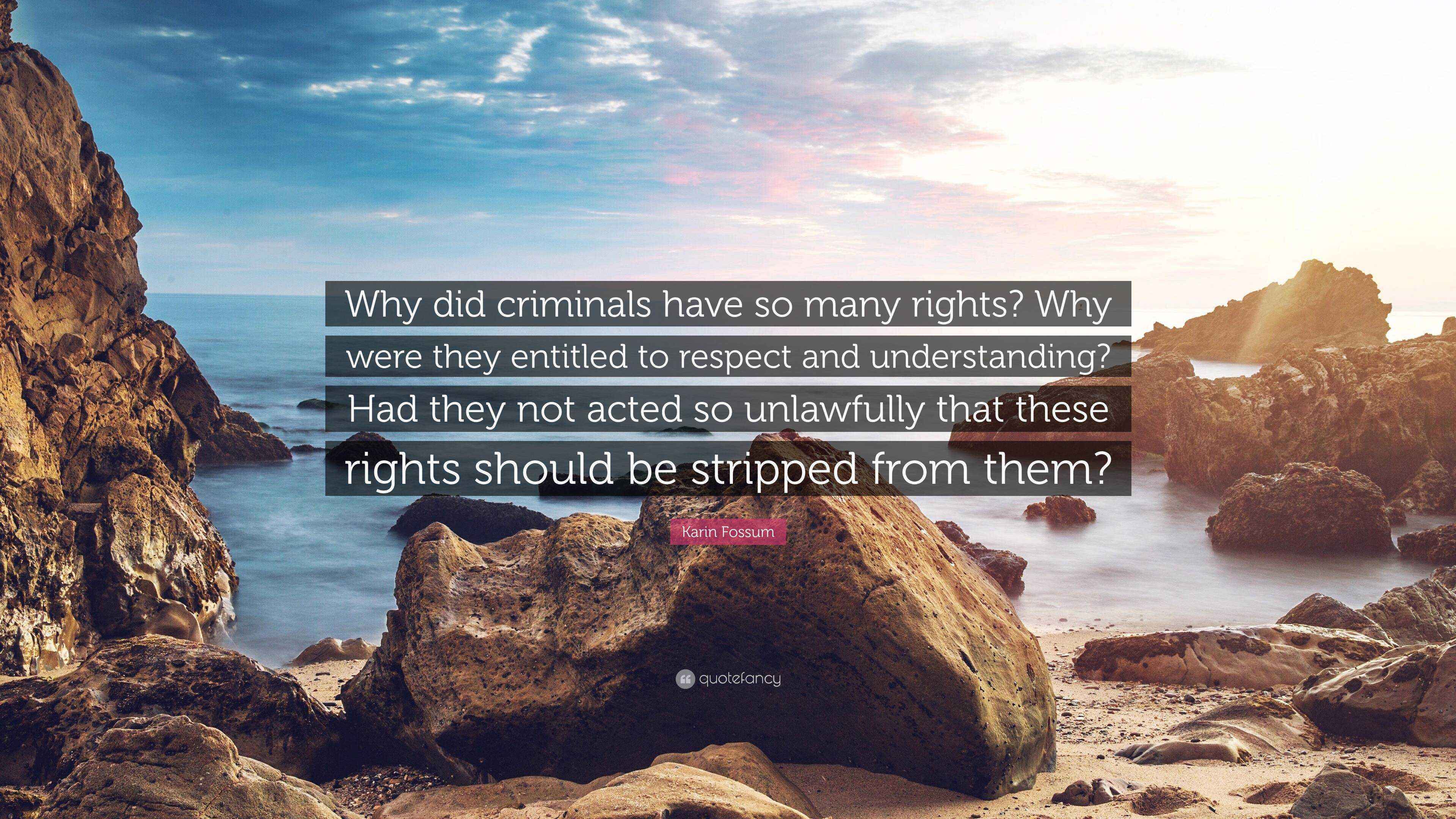
Exquisite Do Criminals Have Too Many Rights? View Photography
A captivating do criminals have too many rights? scene that brings tranquility and beauty to any device.
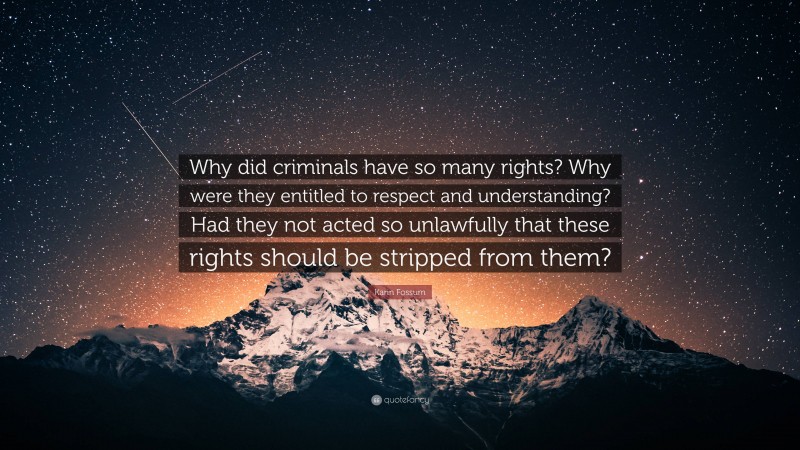
Crisp Do Criminals Have Too Many Rights? Scene Collection
This gorgeous do criminals have too many rights? photo offers a breathtaking view, making it a perfect choice for your next wallpaper.
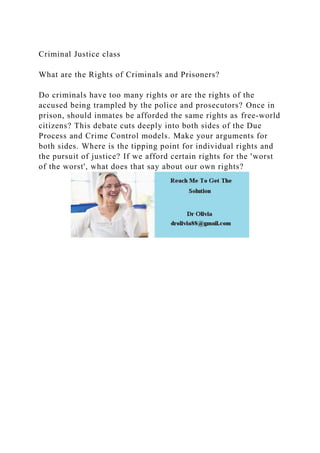
Amazing Do Criminals Have Too Many Rights? Scene Concept
Explore this high-quality do criminals have too many rights? image, perfect for enhancing your desktop or mobile wallpaper.

Exquisite Do Criminals Have Too Many Rights? Design Art
A captivating do criminals have too many rights? scene that brings tranquility and beauty to any device.

Detailed Do Criminals Have Too Many Rights? Wallpaper for Desktop
Discover an amazing do criminals have too many rights? background image, ideal for personalizing your devices with vibrant colors and intricate designs.

Crisp Do Criminals Have Too Many Rights? Picture Illustration
This gorgeous do criminals have too many rights? photo offers a breathtaking view, making it a perfect choice for your next wallpaper.
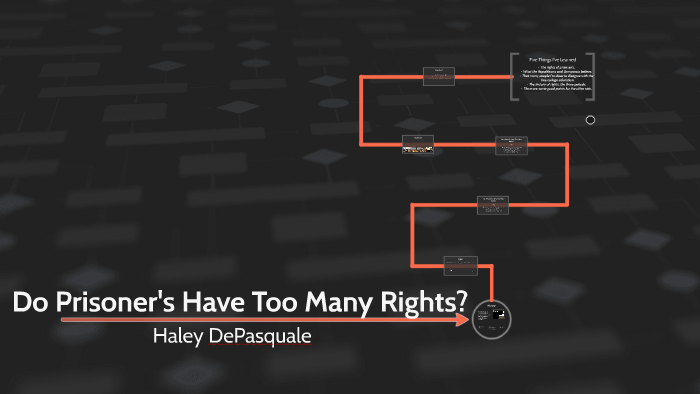
Exquisite Do Criminals Have Too Many Rights? Background for Desktop
This gorgeous do criminals have too many rights? photo offers a breathtaking view, making it a perfect choice for your next wallpaper.

Amazing Do Criminals Have Too Many Rights? View for Your Screen
Experience the crisp clarity of this stunning do criminals have too many rights? image, available in high resolution for all your screens.

Captivating Do Criminals Have Too Many Rights? Picture in HD
Find inspiration with this unique do criminals have too many rights? illustration, crafted to provide a fresh look for your background.
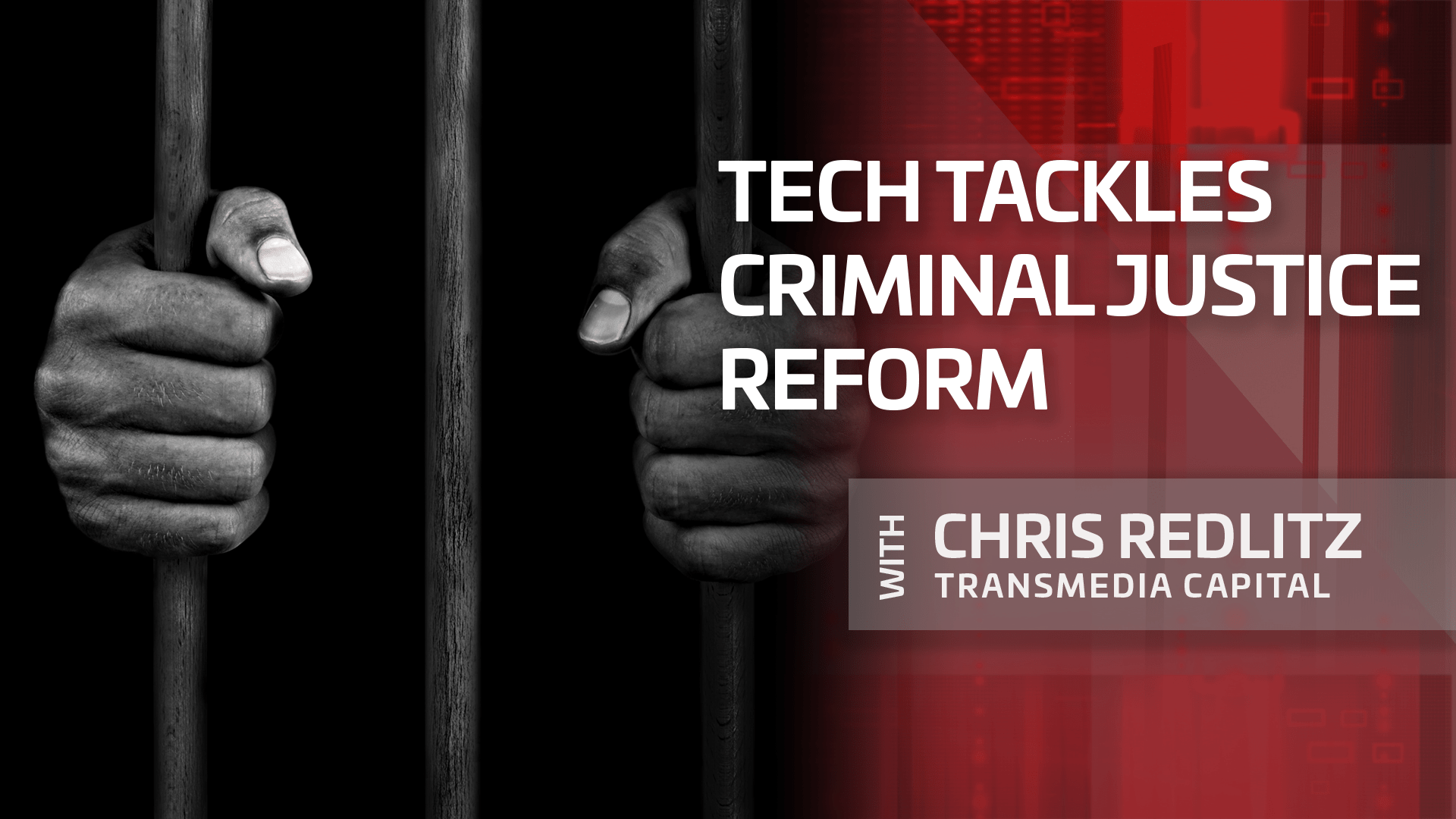
Gorgeous Do Criminals Have Too Many Rights? Abstract Collection
Immerse yourself in the stunning details of this beautiful do criminals have too many rights? wallpaper, designed for a captivating visual experience.

Detailed Do Criminals Have Too Many Rights? Photo for Your Screen
Discover an amazing do criminals have too many rights? background image, ideal for personalizing your devices with vibrant colors and intricate designs.

Captivating Do Criminals Have Too Many Rights? Wallpaper Art
Find inspiration with this unique do criminals have too many rights? illustration, crafted to provide a fresh look for your background.

Detailed Do Criminals Have Too Many Rights? Moment Nature
Transform your screen with this vivid do criminals have too many rights? artwork, a true masterpiece of digital design.
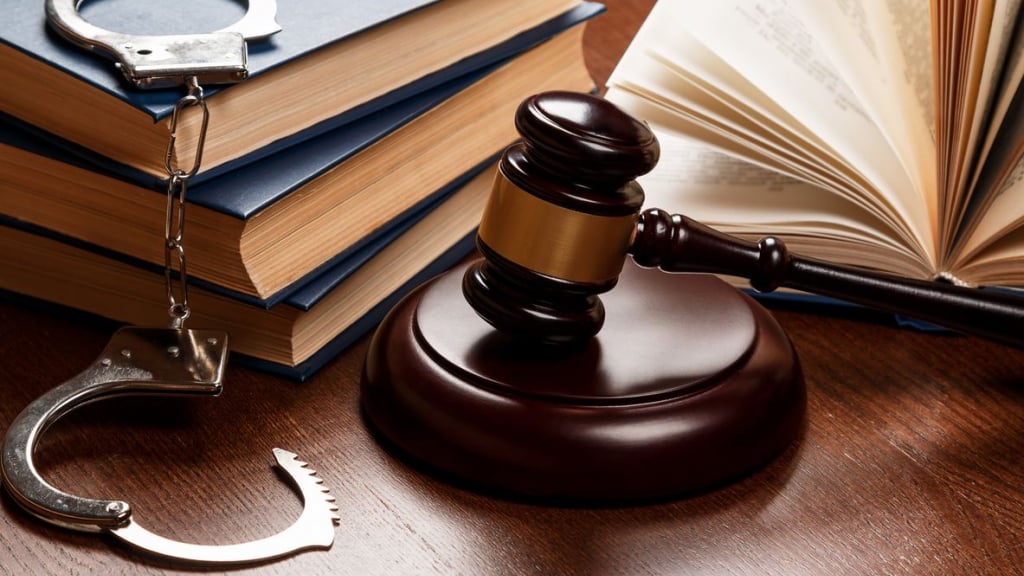
Stunning Do Criminals Have Too Many Rights? Landscape Digital Art
A captivating do criminals have too many rights? scene that brings tranquility and beauty to any device.

High-Quality Do Criminals Have Too Many Rights? Artwork Photography
Transform your screen with this vivid do criminals have too many rights? artwork, a true masterpiece of digital design.
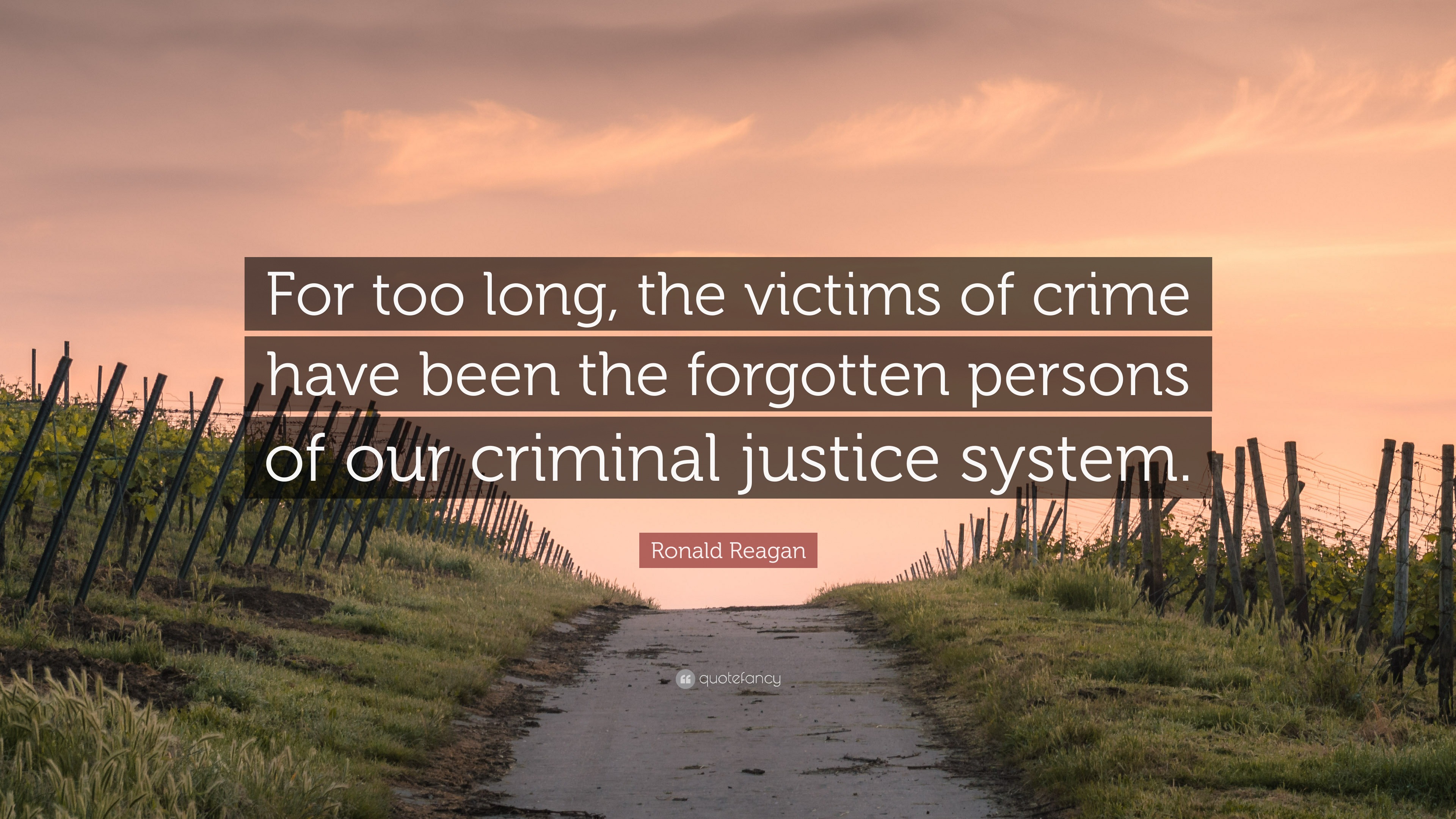
Beautiful Do Criminals Have Too Many Rights? Image for Desktop
Transform your screen with this vivid do criminals have too many rights? artwork, a true masterpiece of digital design.

Artistic Do Criminals Have Too Many Rights? View Photography
Immerse yourself in the stunning details of this beautiful do criminals have too many rights? wallpaper, designed for a captivating visual experience.
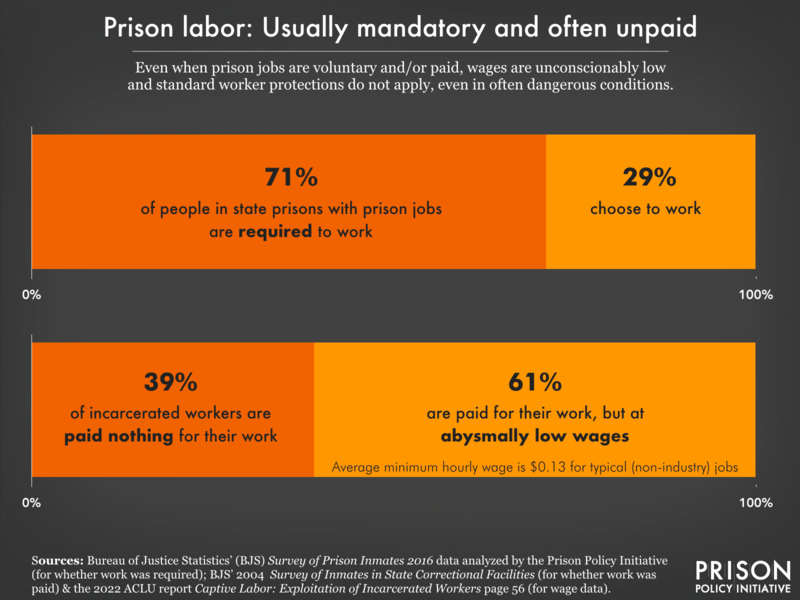
Artistic Do Criminals Have Too Many Rights? Capture Nature
Immerse yourself in the stunning details of this beautiful do criminals have too many rights? wallpaper, designed for a captivating visual experience.

Amazing Do Criminals Have Too Many Rights? Landscape Art
Explore this high-quality do criminals have too many rights? image, perfect for enhancing your desktop or mobile wallpaper.
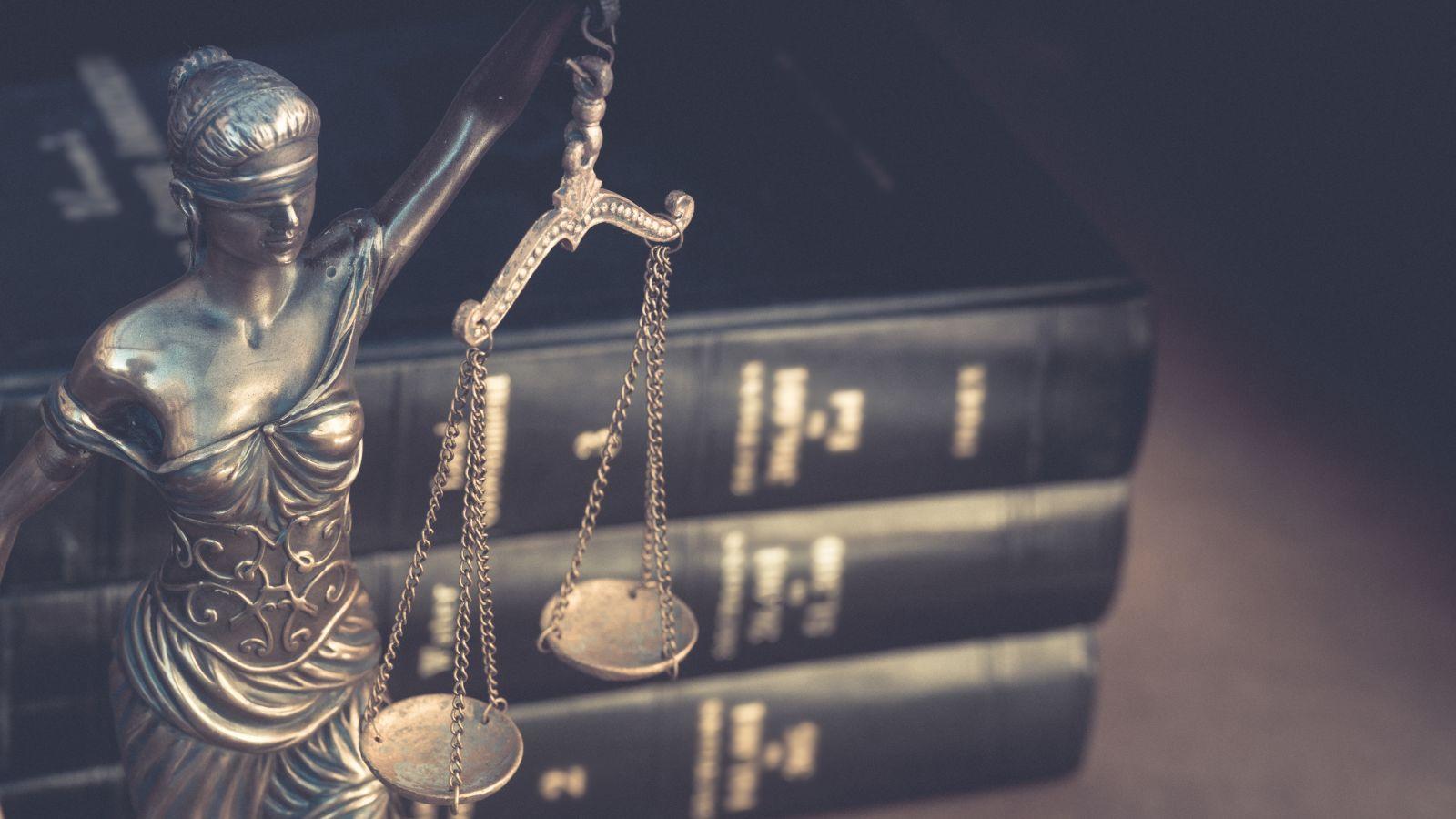
Gorgeous Do Criminals Have Too Many Rights? View for Your Screen
This gorgeous do criminals have too many rights? photo offers a breathtaking view, making it a perfect choice for your next wallpaper.
Download these do criminals have too many rights? wallpapers for free and use them on your desktop or mobile devices.